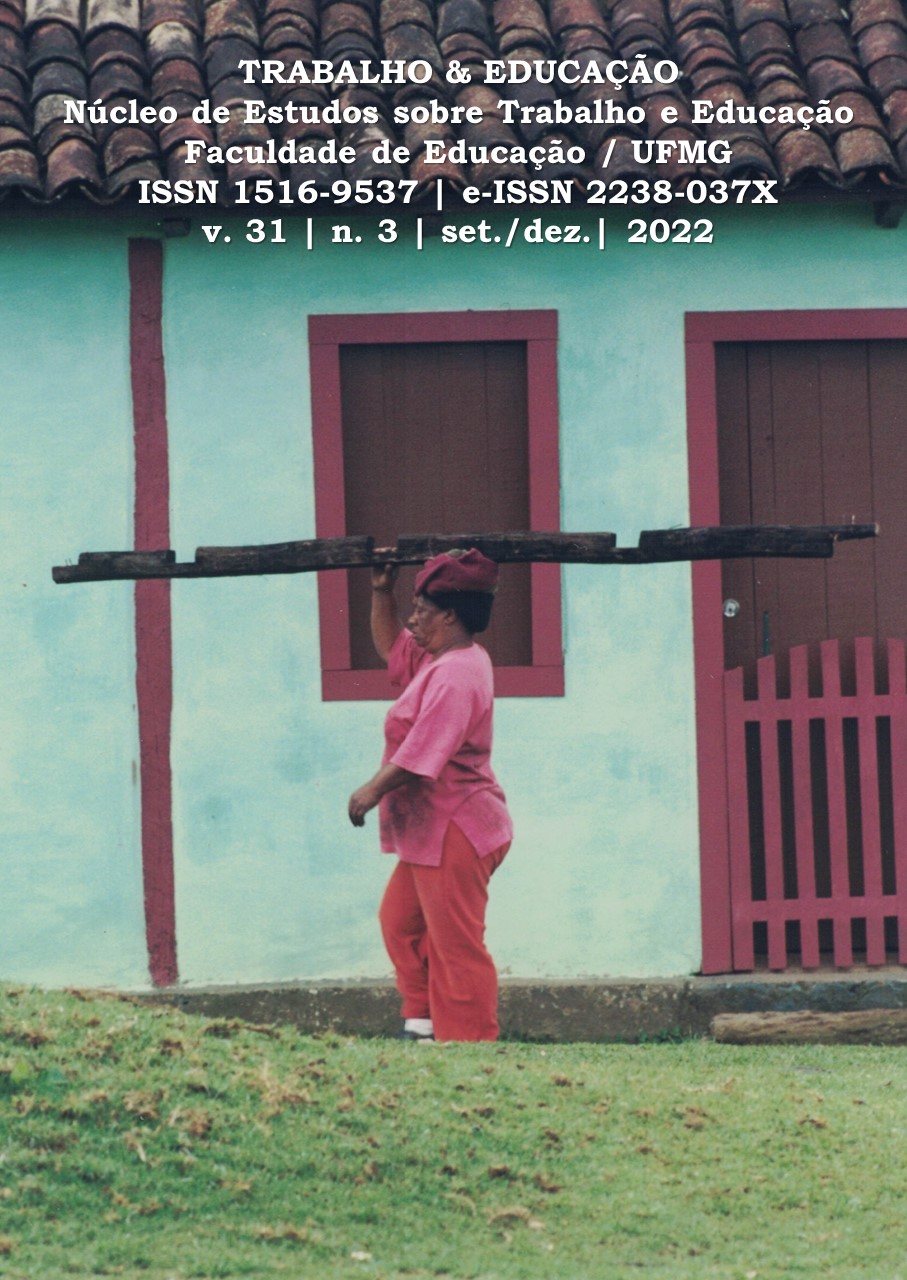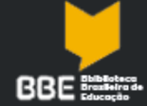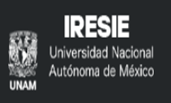The (non) peripheral early childhood education for citizenship
for decolonial and emancipatory knowledge and practices
DOI:
https://doi.org/10.35699/2238-037X.2022.41238Keywords:
Early childhood education, Periphery, Citizenship, Decoloniality, EmancipationAbstract
This research sought to understand what teachers and families of the school community of an early childhood education institution in the periphery say and do about the education of three-year-old children for the exercise of citizenship. The specific objectives were: a) to conceptualize what are subjects and subjects of the school community of an early childhood educationinstitution in the periphery; b) conceptualize what citizenship is and its relationship with emancipatory struggles; c) discuss the conceptions of citizenship of teachers and families of three-year-old children in a kindergarten class; d) identify how citizenship is materialized or not in everyday actions in the context of the early childhood education institution and family-social of the children in the daycare class 3 researched; and e) analyze how the conceptions of families and teachers about citizenship relate to the education of oppressed-peripheral children. This is a qualitative research that articulates theoretical and empirical fields throughout the discussion, based on the activist ethical-ontoepistemology of decolonial-emancipatory studies and on the ethnographic case study method. In the theoretical part, the relationship between citizenship, periphery and early childhood education was analyzed. In the empirical, document analysis, participant observation from august to december 2019 with a group of three-year-old children from the Palmares Municipal Children's Center, in Betim-MG and interviews with three teachers and five families. It is concluded that CIM Palmares is a peripheral school community, children and families have a low-income profile (95.14%), black children (58.5%), and many parents (25.4%) and mothers (19.2%) of children did not complete basic education and a high percentage of children and families do not have their own home (41%). The education of children is carried out at the crossroads, in which, even when the educational processes are influenced by normalizations, behavior patterns, moralizations, prevention of marginality or related to the discourses that shape the ways of being, power and knowledge in the society of the project modern-capitalist-colonizing-Eurocentric; there is also in the praxis of peripheral subjects educational potentialities against colonizing/de(s)colonizing and emancipating children, as they seek to teach them the paths of solidarity, critical awareness, empowerment, anti-racism and collective coexistence.
Downloads
Published
How to Cite
Issue
Section
License
Copyright (c) 2022 Trabalho & Educação

This work is licensed under a Creative Commons Attribution 4.0 International License.
Os autores têm autorização para assumir contratos adicionais separadamente, para distribuição não-exclusiva da versão do trabalho publicada nesta revista (ex.: publicar em repositório institucional ou como capítulo de livro), com reconhecimento de autoria e publicação inicial nesta revista.












